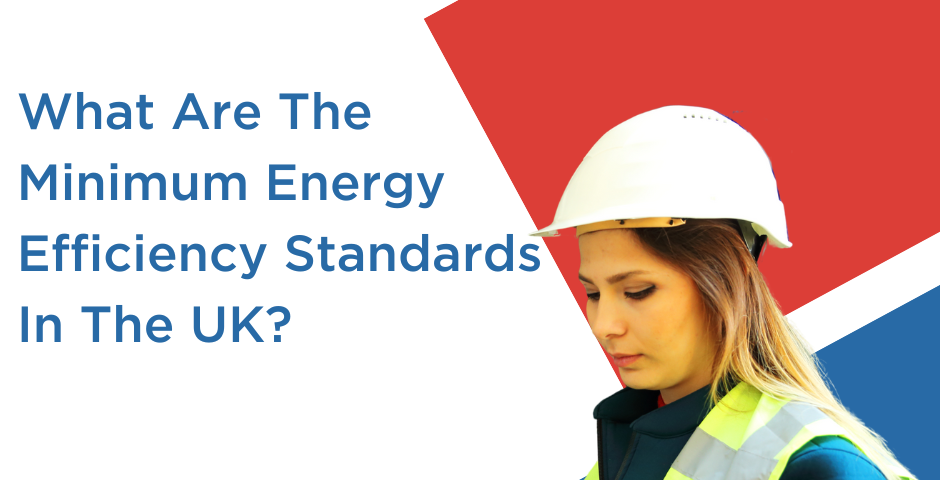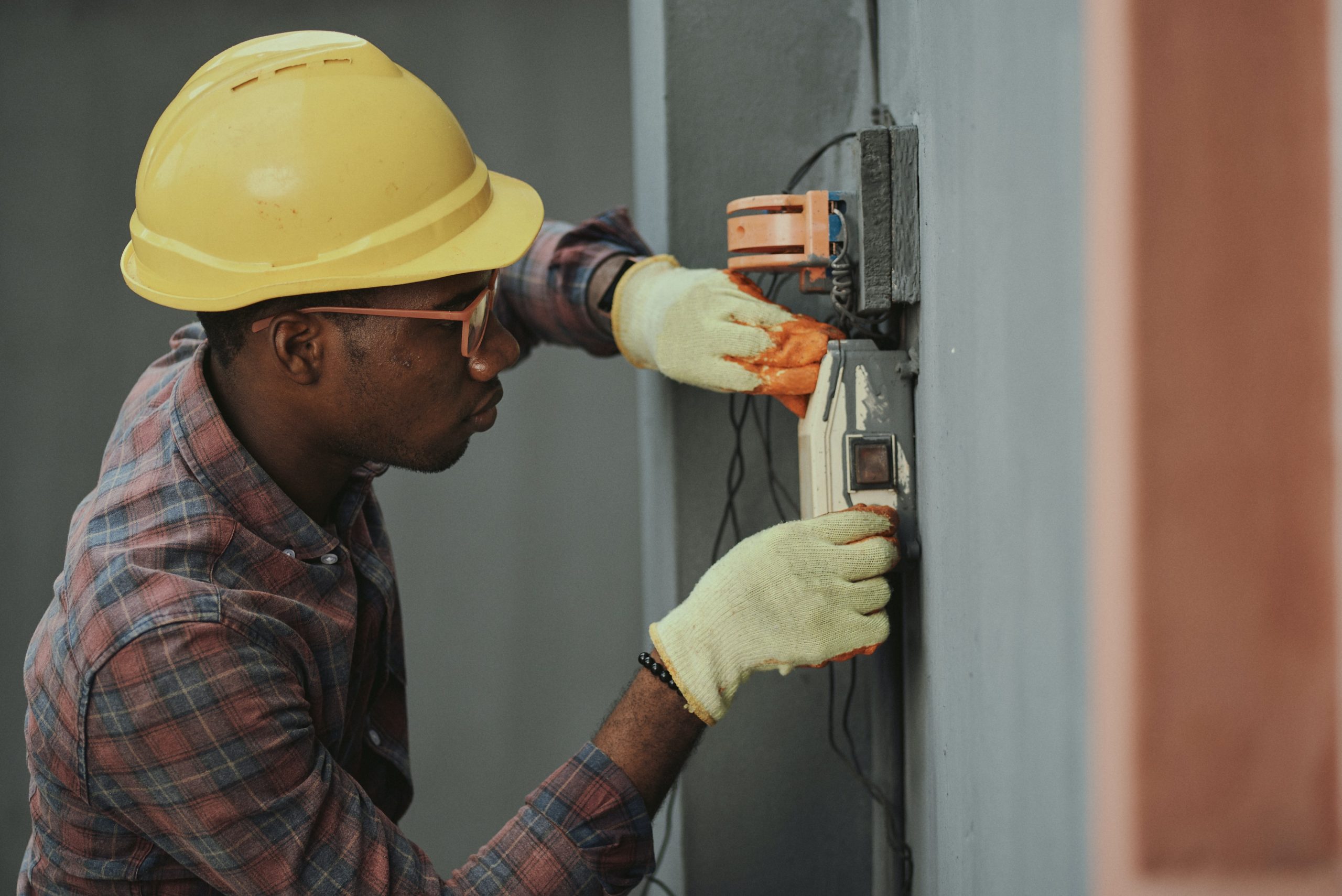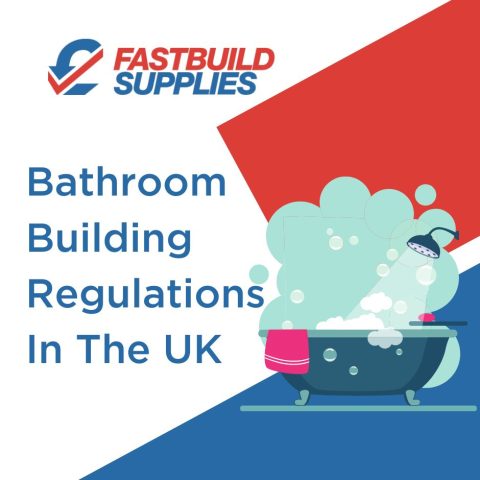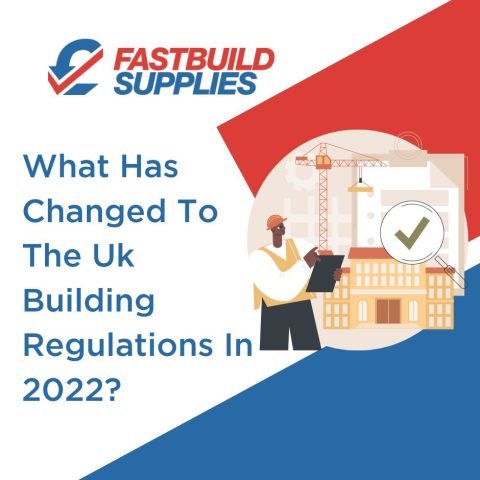
The government has implemented regulatory changes to energy efficiency ratings in the UK to ensure privately rented houses and buildings improve their overall energy efficiency.
So what does that mean for your building? This guide explores the Minimum Energy Efficiency Standards and how to adapt them to your property or project.
What are the Minimum Energy Efficiency Standards UK?
Minimum Energy Efficiency Standards, or MEES for short, were introduced by the UK government in 2018 to highlight the worst-performing private rented houses and buildings to improve energy efficiency.
Since 2018, there has been an essential requirement for any rented domestic properties in the private sector to obtain a MEES Energy Performance Certificate (EPC) rating of E or above.
The regulations were implemented into new lets and renewals in April 2018 and all existing tenancies in April 2020.
Regulations and EPC ratings apply to the following types of domestic tenancies:
• Assured Tenancy
• Regulated Tenancy
• Domestic Agricultural Tenancy
• The property has been marketed for sale or let
• If the property has been modified in the past ten years
If you have a domestic tenancy like the types mentioned above and your property has an EPC rating of F or G, you must take action with the requirements of the MEES regulations.

How to Get Your Property to Meet The Minimum Energy Efficiency Standards
To meet the Minimum Energy Efficiency standards, you need to get your property assessed.
An assessor can give you an EPC rating and certificate. The cost of an assessment varies by the assessor and the size of the property. You can apply for an assessor using the GOV website.
Improving Your Property to Meet The Minimum Energy Efficiency Standards
To improve your EPC rating, you must make improvements to factors in your property, such as:
• Internal or external wall insulation
• Solid floor insulation
• Room-in-roof insulation
• Replacing single-glazed windows with low-E double-glazed windows
• Low energy lighting
• High heat retention storage heaters / dual immersion cylinder
• Draught proofing
If you have any questions regarding internal and external wall insulation, take a look at our blog:
To improve the overall energy efficiency of your property, you will be required to spend some money. However, there is a cost gap of no more than £3,500 (including VAT).
There are three ways to fund the improvements to your property:
Third-party funding
Combination of third-party financing and self-funding
Self-funding
Minimum Energy Efficiency Standards Exemptions
You must register for an exemption if you cannot improve your property to EPC E for £3,500.
All Relevant Improvements Made Exemption
You can register for this exemption if your property is still below the EPC rating of E after the improvements have been made and you have hit the cost cap.
High-Cost Exemption
You can apply for this exemption if you cannot achieve a better energy efficiency rating below the cost cap of £3,500.
Wall Insulation Exemption
This exemption can come into play if improvements for your property include a cavity and external and internal wall insulation. Moreover, you will need to have written expert advice stating that these measures would negatively impact the structure of your property.
Third-party Consent Exemption
This exemption can be registered if you need consent from another party to action the improvements.
Property Devaluation Exemption
You can register for this exemption if significant evidence shows that improvements to enhance the EPC rating devalues the property by more than 5%. You will need an in-depth report from an independent surveyor to claim this exemption.
Exemptions can be registered on the GOV website.

Minimum Energy Efficiency Standards Penalties
It is against the law for a landlord or agency to rent out a property with an EPC rating below E unless they have a valid exemption. Landlords can be fined up to £5,000 per tenancy if they do not meet the minimum standards.
The Future of Minimum Energy Efficiency Standards in the UK
The UK government has proposed raising the Minimum Energy Standards to an EPC rating of D for new rental properties by 2025. There has also been a proposal for all tenancies to have an EPC rating of C by 2028, but this is yet to be confirmed.
Want to know more about building regulations? Check out our blog to stay current and work at the correct standards.






